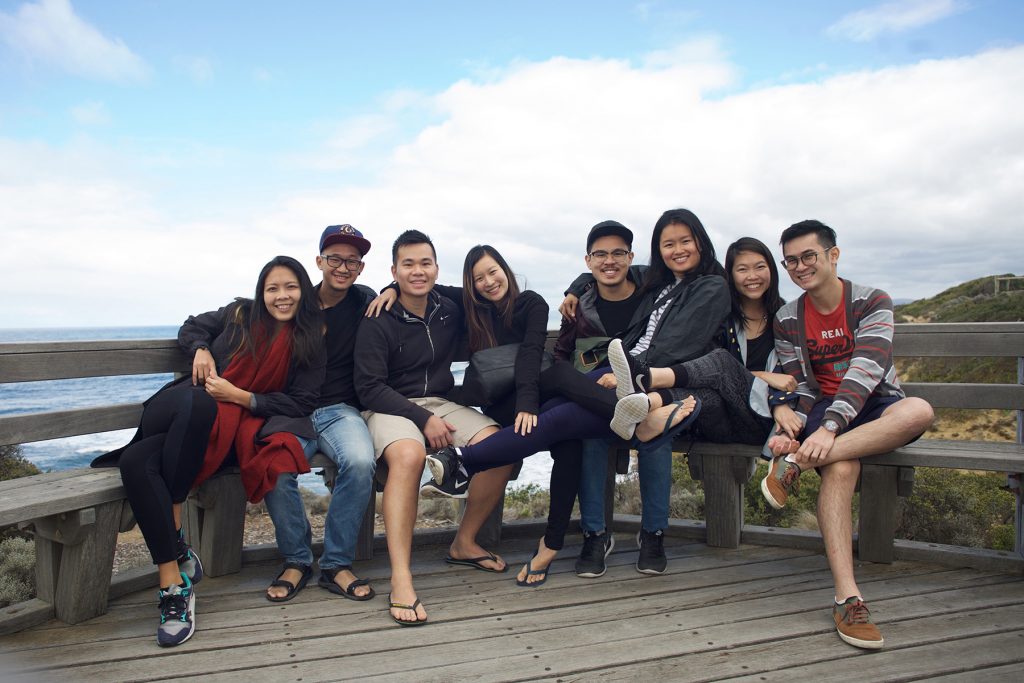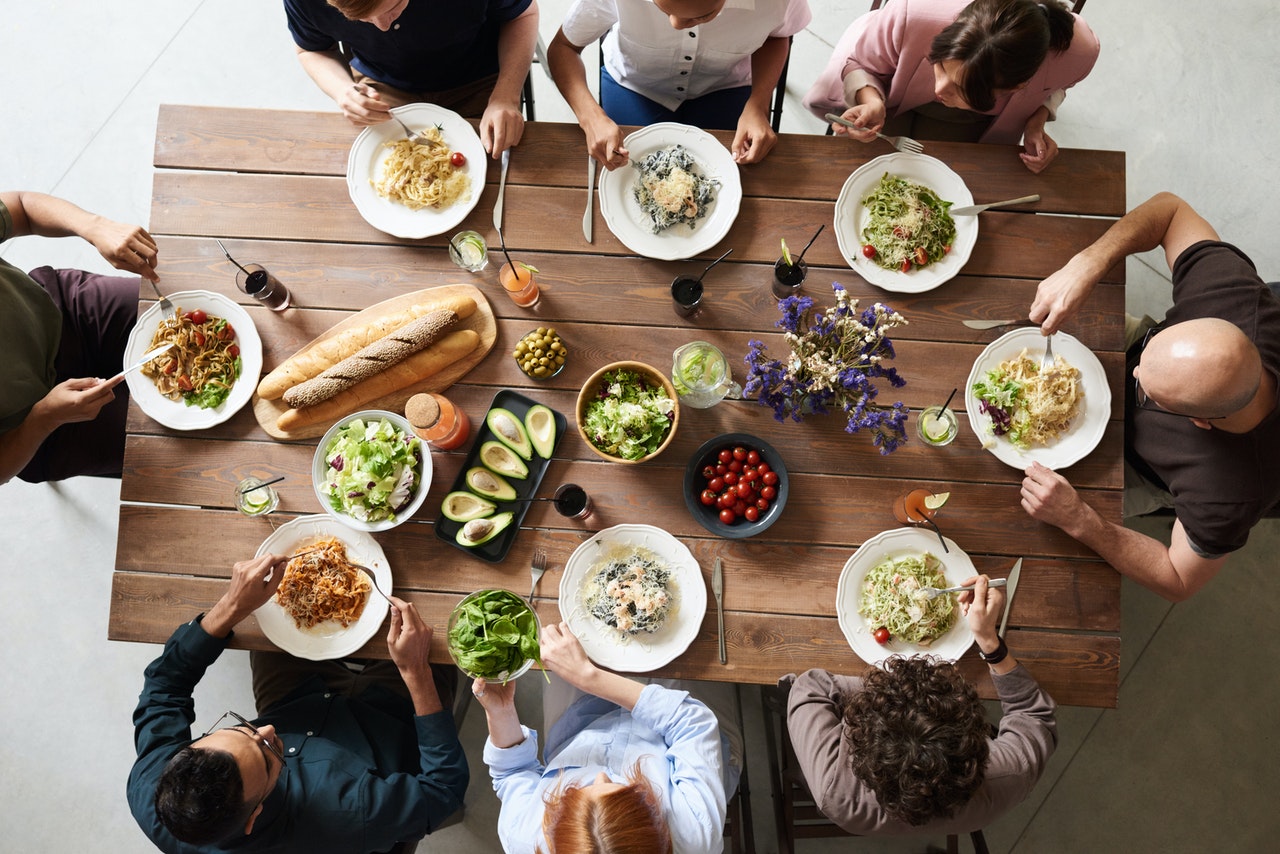Your marriage needs community. It’s quite a natural process for newlyweds to spend more time alone together of course. This season is important for couples to discover what life means when living together and it gives space to them to build their own little family culture. But then, it’s also a natural part of the process to start looking outward again after this time. Not in a way where you neglect your spouse to focus on friends, career, or children. But rather in a way that intentionally welcomes the presence of other people in your lives.
Greg Smalley from Focus on the Family says,
“Thriving couples cannot exist in a vacuum. They understand that isolation is a threat to any marriage—and they embrace the idea that in good times and bad, they need other people, just as other people need them.”
So who are these other people? And how can we, as married couples, be more intentional about building relationships with them?
1. Friends

Photo by Sarah Lim
The friends you have who just got married or who have been married for a while are some of your greatest allies. Of all people, they’re probably the closest to understanding this phase of life and what married life entails. With friends like these, you’ll know they have your back and you have theirs too.
- Go on regular double dates. Make it interesting. Find a new restaurant to try out with a different couple each month maybe.
- Have meaningful conversations. When you meet, make the effort to ask how they’re doing. Use fun conversation cards if it helps.
- Encourage self-development. Have an unofficial ‘book club’ going perhaps. Choose a book on relationships that both couples can read that month and stay accountable. We recommend The Five Love Languages by Gary Chapman as a start.
- Try new things together. In a larger group, find similar interests or try each other’s hobbies together.
2. Mentors and family

Photo by Marcus Aurelius from Pexels
These are more senior people whom you both know. If you have a good relationship with your parents or in-laws, keep building on that while maintaining healthy boundaries. There’s still lots to learn from our older folks when it comes to marriage. Or it could be another married couple you both trust, who are able to support you in your marriage. Mentorship doesn’t have to be formal. You just need to put effort into building that relationship with them. The nuggets of wisdom will come naturally during your conversations as trust is built.
3. Professional support
We often think marriage counselling is only for “couples with problems”.
The reality is, all couples experience issues from time to time because all couples are human. Humans aren’t perfect.
A counsellor I spoke to said, often by the time couples contact her (usually it’s just one spouse), they’re already at a point where they can’t stand each other. Too much baggage has been collected over time without support. The whole session is spent trying to calm each person down instead of working on strengthening the good in their relationship.

Photo by Polina Zimmerman from Pexels
We need to do marriage and family health checks yearly, or even every six months, just like sending a car for service. Here’s a useful free marriage assessment tool you can try.
I’d also like to suggest the idea that attending a marriage course becomes a norm. Sign up for a marriage course like this one in the first 1-2 years of your marriage or maybe later on in your 5th or 6th year. It really is quite fun to learn together. Or if you feel that maybe you and your partner could use some support to improve in a specific area of your marriage – communication, sex, trust, financial planning, etc – look for a professional therapist or counsellor to help journey with you. Think of it as “marriage coaching” instead of “counselling” if that helps reframe. We have listed a few centres that can provide affordable services on our website here and coaching by Grace, who is a Prepare/Enrich facilitator is available too. More info here.
Finally, I’d like to also add… don’t feel pressured to build all three areas of this ideal community at once. Start small. It could be another couple around your age to journey with, or even just signing up for a marriage course this year or next. If you can have one or two of these areas going, that’s already a great investment into your marriage!




